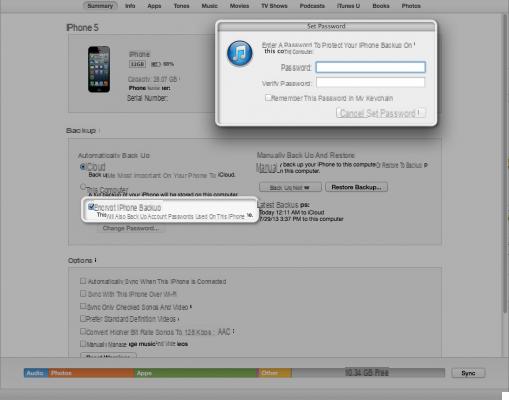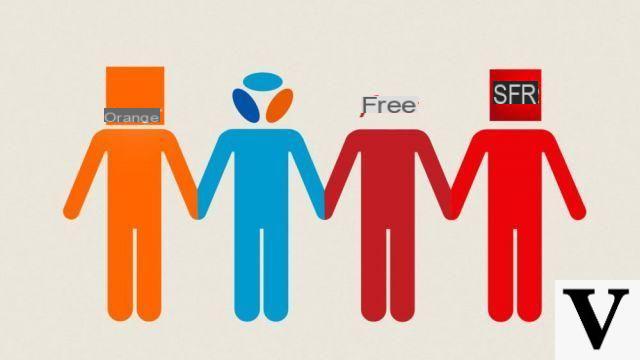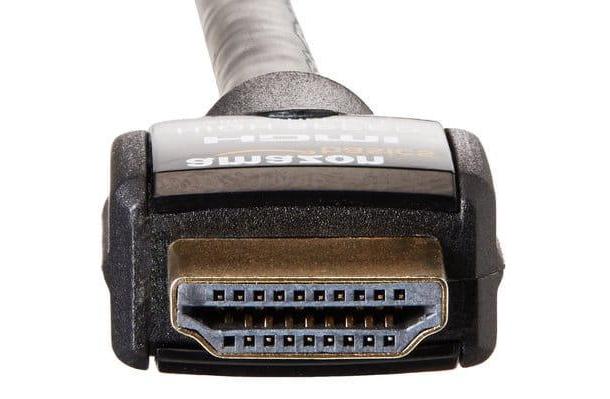
Google is considering giving users of its browser Chrome a more precise, but not too much, control over the management of cookies, i.e. the files in which websites store some information about our navigation when we visit them through a browser.
These new cookie control options are currently only available in Chrome Canary version 82. Canary is the "nightly build" for developers, a test version where some browser innovations are tested before making them available in the official version of the application. official version of Chrome currently distributed by Google, to understand, is the 80.0.3987.132, while Canary is now in version 82 and contains some features that perhaps we will find in the next official versions. One of these, in fact, has already arrived with the official version 80: a new cookie classification system called “SameSite“.
Chrome Canary 82: the new cookie management
Let's start with what we saw in the developer version of Chrome. In Canary 82 a new window appears in the settings for managing cookies: where before it was only possible to activate or deactivate these tracking files, now you can choose between "Allow cookies", "Block third-party cookies in Incognito", "Block third-party cookies "and" Block all cookies ". Normal cookies are those generated by the sites we visit, third-party cookies are those generated by some elements external to the site, but displayed on the site.
Such as, for example, i advertising cookies which are the most active in tracking user behavior. The user, therefore, can finally choose what to activate and what not, knowing that if he limits the action of cookies too much, it is very likely that the browsing experience will be limited. Because, without cookies, the site cannot recognize us when we visit it for the second time.
Cookie: the SameSite attribute
In addition to this novelty, which has yet to arrive on the stable version of Chrome for all users, there is also the one that has already arrived: the "SameSite" attribute for cookies. This attribute must be specified by websites for each cookie, otherwise Chrome will consider all cookies as "first party", that is attributable directly to whoever manages the site. If, however, the URL pointed to by the cookie is not the same as the site you are visiting then Chrome automatically blocks it. All this should help Chrome understand what third-party cookies are in order, if the user decides, to block them completely.
Chrome, change the management of cookies


























